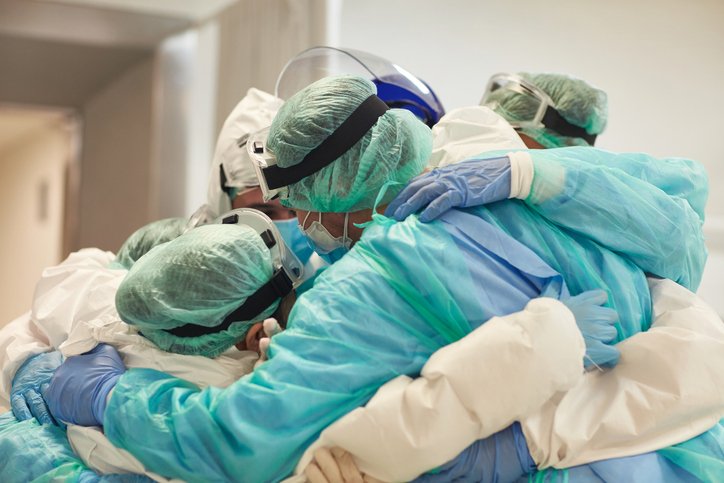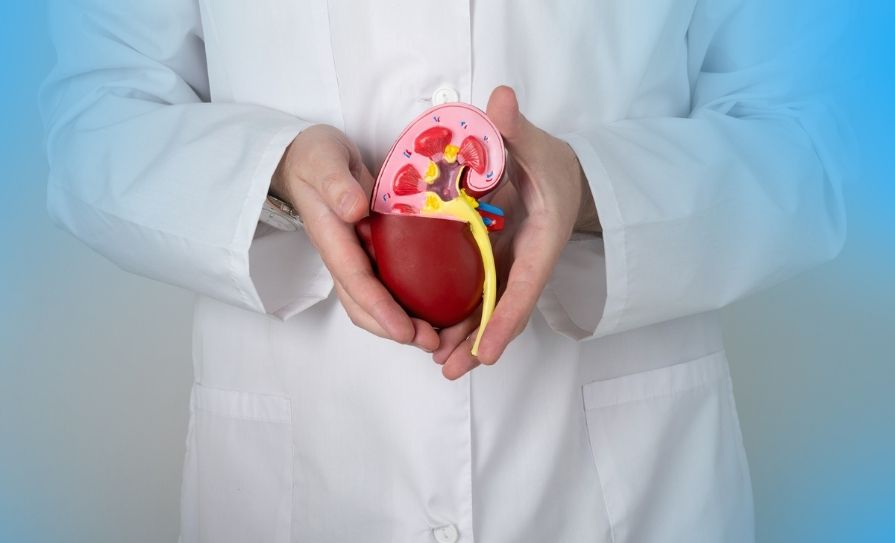Burnout among healthcare workers (HCWs) is a serious issue during the current pandemic, which directly impacts on patient care, Executive Director at the World Health Organisation (WHO) Dr Mike Ryan has told this newspaper.
Dr Ryan was recently awarded a Human Rights Award by The Bar of Ireland. During an online press conference last month, the Medical Independent (MI) asked Dr Ryan whether he had concerns about the pressure on doctors and other HCWs during the Covid-19 pandemic.
“Burnout is an issue; it is a factor of the pressure that the system comes under,” he said.
“We do know that patient outcomes are worse when we have overcrowded facilities, when we have less time per patient with the clinical team, where the clinical team are tired or don’t feel protected or are burnt out.
“So it is not just an issue of addressing the needs of those brave [healthcare] workers, but actually a bottom line issue.”
Dr Ryan noted that healthcare systems had lowered mortality, with case numbers also dropping in many countries over the summer period. This, in turn, had reduced pressures on intensive care units.
“But if you overwhelm intensive care units, the care becomes no longer intensive. The care becomes basically dividing up your time as best you can, between too many patients. That is not good for patient outcomes and it’s certainly not good for the mental and physical health of that [healthcare] team.”
Dr Ryan said it was crucial that medical teams get the “time off they need, give them the protective equipment gear, give them the training, give them the resources and the extra staff that they need”.
“That’s hard to do, because you can’t magic up emergency room staff and intensive care staff and specialised clinical staff. You can’t click your fingers and create that workforce, so you have to be very clever how you do it.”
Dr Ryan said that burnout was an issue “in every level of society right now and certainly among healthcare workers, but I wouldn’t limit that to doctors”.
“If you look at the bulk of the frontline workers in those units, they’re nurses and physios and occupational therapists and hygienists, administrators, and others.”
MI also asked Dr Ryan whether there was enough support from the pharmaceutical industry and national governments, including Ireland’s, for the Covid-19 Technology Access Pool (C-TAP).
The initiative aims to make any Covid-19 treatments and vaccines as accessible as possible.
“More and more we can recognise, in situations like this globally, that there are certain things that are global public health goods,” Dr Ryan told MI.
“We do need to have the exchange of intellectual property and other things that allows the rapid production and innovation that is needed. I think we have seen huge progress, but I definitely think we could see more support for the C-TAP initiative now and going forward.”













Leave a Reply
You must be logged in to post a comment.